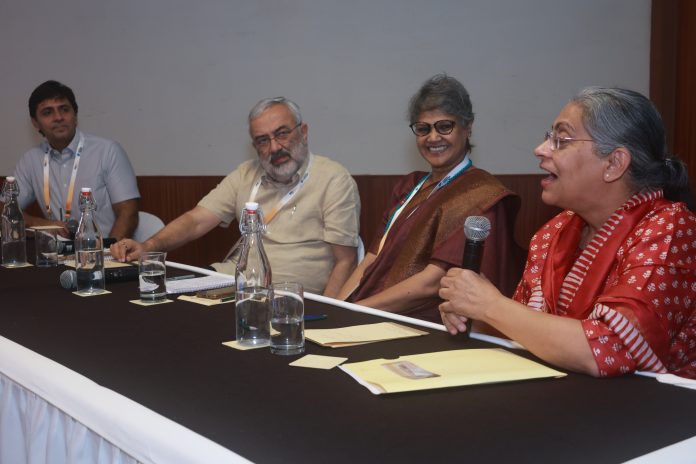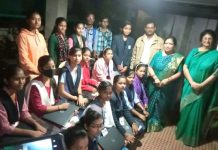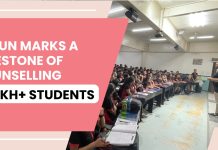TalentNomics India, in partnership with KAS-Japan, successfully organized a roundtable on “Education for Gender Equity” with experts focussed on creating an inclusive education ecosystem in India, crucial to match India’s changing socio-economic growth.
The event brought together a diverse group of stakeholders from the education, gender, and policy sectors, focusing on identifying key changes needed in our education system to promote gender equitable mindset and skill set in students in South Asia. The event focused on creating a more inclusive education ecosystem at all levels, from primary schools to higher education. The experts recommended key actions that can be taken by the educational institutions, the government, school leaders and the industry, both independently and in collaboration with each other to drive this change.
Ipsita Kathuria, Founder and CEO of TalentNomics India, called for a collective effort to transform the educational landscape. Paul Linnarz, Head of KAS Country Office in Japan highlighted the importance of global collaboration in addressing gender disparity in education.
Ratna Viswanathan, CEO of Reach to Teach India in her keynote speech, iterated the importance of education for South Asia to leverage its demographic dividend. Dr. Rukmini Banerji, CEO of Pratham Education Foundation, presented findings from the ASER annual survey, suggesting that while learning outcomes between boys and girls are fairly balanced at school levels, access to learning resources, technology and attendance remains a crucial metric of gender inequity.
Rita Singh, CEO of ARISE, Bihar Chapter, gave examples of many schemes introduced to encourage girls to access and advance in school education. Dr. Mahesh Prasad, Principal of Step by Step School in Noida, spoke about embedding equity through sports and curriculum reform, along with leveraging the potential of AI in addressing educational gaps.
Another major highlight of the day was keynote by Dr. Avantika Tomar, Partner at EY-Parthenon and Guest Faculty at IIM Calcutta. She shared personal anecdotes to highlight gender inequities in sports, engineering colleges, and consulting firms.
Dr. Rajat Kathuria, Professor of Economics and Dean, School of Humanities & Social Sciences at Shiv Nadar University brought forward a comprehensive discussion on increasing women’s participation in STEM fields. Dr. Rubana Huq, Vice-Chancellor of the Asian University for Women, Bangladesh, shared her work being done by her institution to support underserved women, including those from Afghanistan, the Rohingya refugee community, and marginalized workers in the garment industry, to help them participate in the workforce in a meaningful way and drive social change.
Amanat Boparai, Senior Policy Enforcement Manager at Google, spoke about initiatives such as “Girls Who Code” and scholarships for women in STEM that are breaking down barriers in the field.
The TalentNomics India and KAS SOPAS roundtable represented a significant advancement toward embedding gender equity at every level of education. The day concluded with a strong call for more inclusive policies, practices and essential interventions in both education and employment. Together, these insights offer a blueprint for ensuring that gender equity becomes a core pillar of education, ultimately fostering an environment where all students can achieve their full potential.
#Equiverse #EducationForGenderEquity






